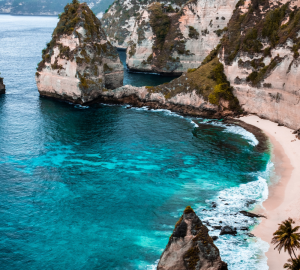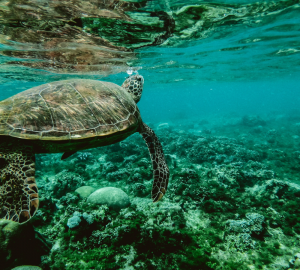Happy World Oceans Day! Why Taking Care of our Oceans is so Important
This month kicked off with World Reef Awareness Day, and now pivots to the ocean as a whole only a week later. World Oceans Day has been a globally recognized holiday since 2008 and was designed to raise public interest in ocean conservation and encourage nations around the world to take care of the deep blue seas.
You might be thinking to yourself: “wait a minute, I live in a landlocked part of the world and don’t eat fish because my favorite blog, Wholesome Culture, posts so many delicious vegan recipes. Why should I care about the Oceans?”
Well, we’re here to tell you that the oceans affect everyone and everything on the planet! Oceans are integral to our planet’s ecosystem: It houses much of the world’s animal and plant life. The climate is largely dictated by what happens over water. Oceans even determine if your packages will really arrive in two days.
In honor of World Oceans Day, let’s look at a few reasons why taking care of our oceans is so important!
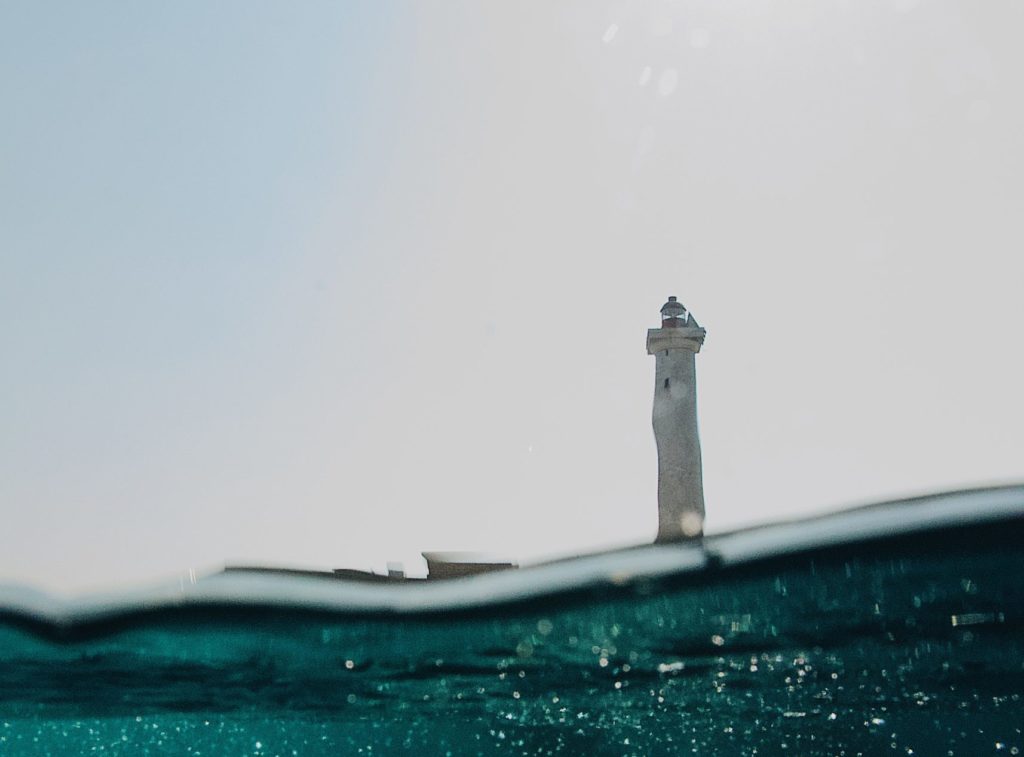
Oceans produce more oxygen than anywhere on Earth
Even if we can’t breathe underwater, the water still dictates a lot about the oxygen we use.
50% of all the oxygen on Earth comes from trillions of tiny organisms beneath the waves called phytoplankton. Phytoplankton act like trees in a way by taking in carbon dioxide and “exhaling” air for the rest of us land dwellers and the ozone.
Without these microscopic angels, not only would the food chain of all life on Earth be disrupted, there’d be 10 extra gigatons of carbon in the atmosphere every year.
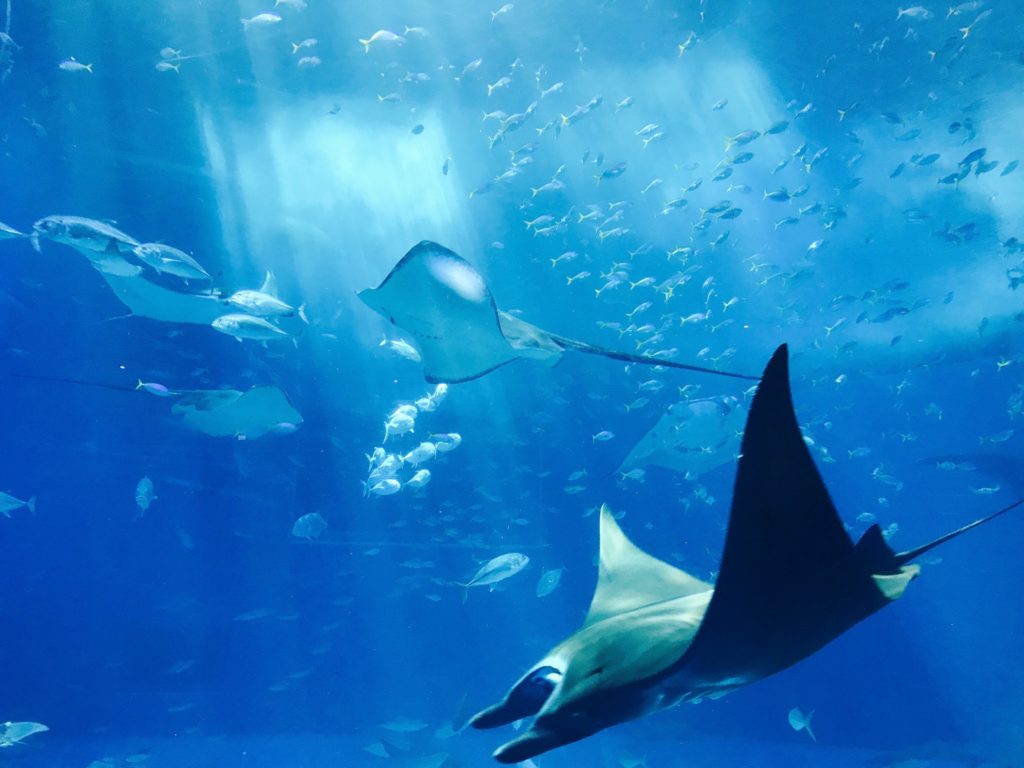
There’s a lot of life under the sea
The Oceans cover over 70% of the planet, so it stands to reason that there’s tons of animals and plant life that call them home.
There have been around 200,000 marine species documented, but there’s so much mystery left to discover. We’d love to give the percentage of all life on Earth that still lives underwater, but no one really knows. Some scientists suggest that even though we’re constantly discovering new marine species, 90% still remain to be found.
The biodiversity and sheer weight of life in the oceans is impossible to overstate. If we don’t actively protect those species that can’t protect themselves, we won’t even be able to comprehend the waves (pun intended) it’ll make for generations to come.
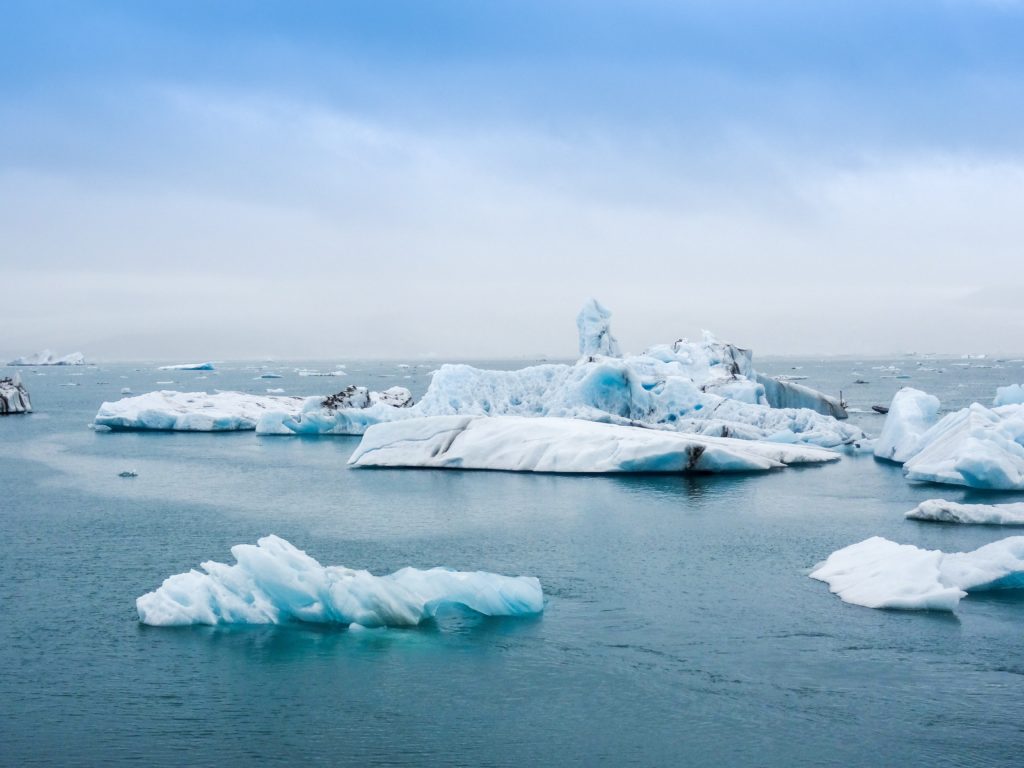
Ocean’s regulate the weather and climate change
One of the most visible effects of global warming is the drastic rise in natural disasters.
Every storm season, the coasts all over the world are beaten with “100-year floods” and giant tropical storms. But the oceans matter to all types of weather patterns, not just the ones that form over the water themselves.
98% of the heat from the sun that strikes Earth is absorbed by oceans. That heat is then moved all over the world through vast currents that melt glaciers and create typhoons and hurricanes. Over time, more heat means more melting… which means more storms.
And there’s so much extra heat.
90% of all warming on Earth over the last 50 years has happened in the oceans, and that trend doesn’t look like it’s about to change. As the heat is transferred to the poles, we even see a seemingly paradoxical increase in the polar vortexes that plague winters in the northern hemisphere.
Crazy that it all starts with our oceans, right?

3 billion people rely on the ocean for their livelihoods
That figure encompasses fishing industries, tourism, trade, and much (much) more.
This is a trickier addition to the list because many ocean-based industries have rapidly expanded in the last few decades without sufficient consideration for the environmental implications.
But it’s still important to mention because these industries are some of the principal job creators for developing countries. With emerging technologies in offshore wind energy, the ocean economy is only going to increase soon, so it’s important we implement environmental protections and regulations while, simultaneously, keeping people who depend on those jobs in mind. Everyone can win!
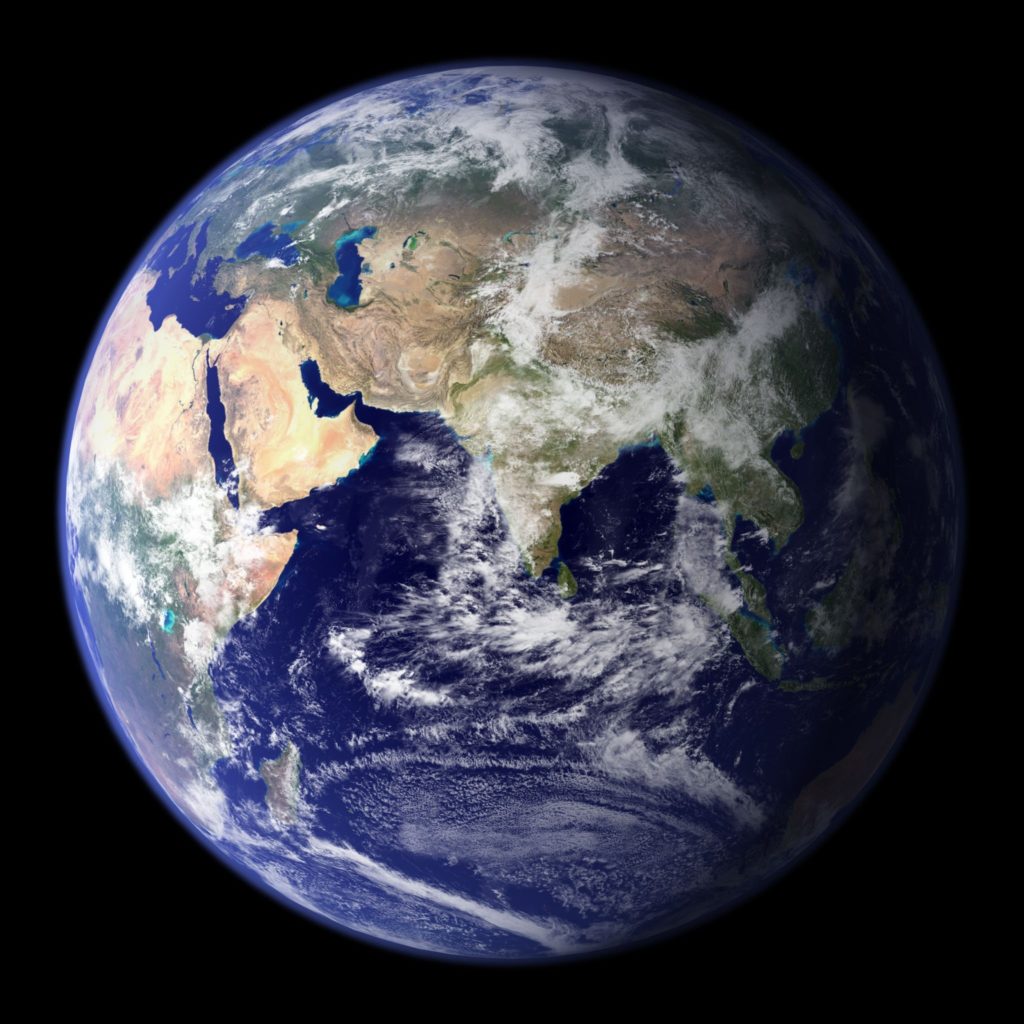
It’s most of Earth…and getting bigger every day
If you’ve ever looked at a picture of Earth from space, you probably noticed one thing about our planet: it’s mostly blue.
As previously mentioned, the Earth is over 70% covered in water and its home to 90% of the habitable space on the planet.
And, as the world gets warmer and warmer, these ocean habitats are only going to get bigger. Just look at US cities like Miami after a light rain or the Indonesian capital city, Jakarta, literally sinking into the ground.
The ocean is important. So let’s come together to protect all of the valuable ecosystems within them. And if you’re looking to rep some super cute merch in the process, check out Wholesome Culture’s Protect the Oceans line! We partner with like-minded organizations to help make the planet a better place. We’re proud to give back to causes that benefit the environment, animals, and people.








